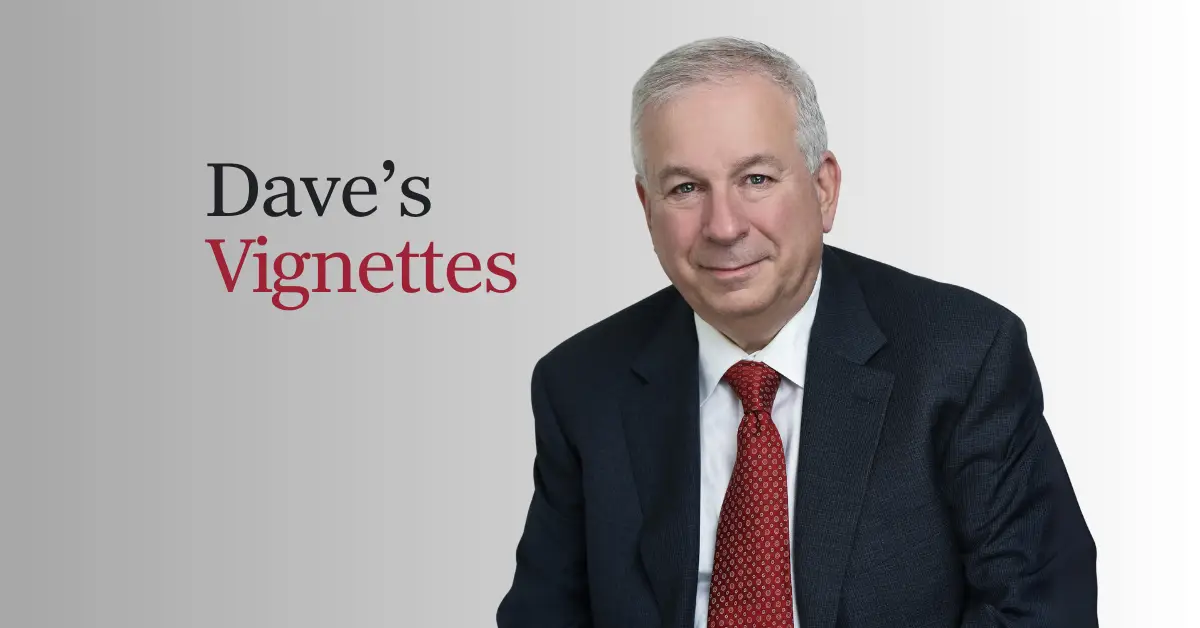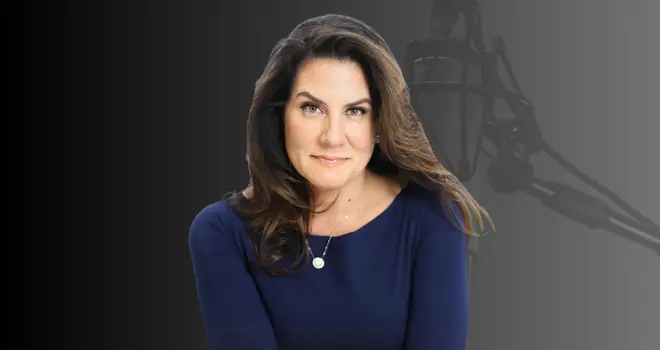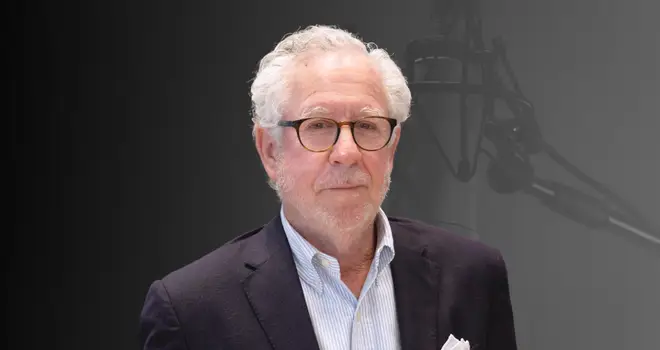Back on November 21st when I was vacationing abroad, I received an email from a friend and former Bay Street colleague, Doug Porter (Chief Economist of the Bank of Montreal), who emailed me about the sudden passing of Bob Brooks. I became totally discombobulated and since that time, there has not been a day that Bob has not popped into my head. Before I go on, it must be said that through the 1980s and 1990s, Bob Brooks was a senior executive at the Bank of Nova Scotia and was a Bay Street titan. There is not a person in the financial market scene who did not know who Bob was, and he commanded respect from all circles. And at a personal level, he made a major impact on my career path at a young age.
I met Bob in October 1987 when I began to work as the financial economist at the Bank of Nova Scotia. I split the morning meetings with my boss at the time, Aron Gampel, and we would traipse across the cavernous trading floor talking to the markets people in FX, money market, fixed-income, precious metals, and equities. That usually started at 7.30 a.m., and then there was the 8.15 meeting. And it was called “the 8.15 meeting” — when all the department heads would meet in a conference room. Bob Brooks always chaired the meeting and whenever he entered the room, usually the last one in, the banter stopped and matters of business began. The department heads succinctly went through the overnight action in their market and what was likely to transpire that day. And the economist, either Aron or I, would speak last and provide our macro view and interpretation of the data.
I frankly didn’t know my ass from my elbow, having just come from being a housing economist at the CMHC in Ottawa for the prior three years. I knew nothing about the financial markets. Housing start data, maybe. The market for overnight swaps, not so much. And it took me many months to find my legs. Probably even longer. But the one thing I learned very quickly was that if you weren’t going to be prepared for the 8.15 meeting, don’t bother coming at all. Bob always knew the right questions to ask. And it didn’t take me long to realize that he knew more about the economy and monetary policy in his thumb than I knew in my brain. He was always a step ahead of everyone in the room and I used to stay up late at night trying to think of what he was going to ask me the next morning. You can tell how smart someone is not just by the answers but also by the questions. And to this day, after being on Bay Street and Wall Street for four decades, nobody asked the toughest and indeed the best questions than Bob Brooks. Always with his game face on. He was tough, but always gracious and respectful.
When I went to New York City in the fall of 2002 to head up the economics department for Merrill Lynch, for the next seven years in that role, I met some of the smartest and most tenacious CIO’s and business executives in the world. Carl Icahn. Paul Tudor Jones. Bill Gross. Boone Pickens. John Paulson. Many more. And I remember after several years of doing meetings and conferences in front of all the Wall Street titans, that none of them could stand up to Bob Brooks. In terms of toughness and smarts. That is 100% the truth. But what is most important was that I always came to these gatherings super prepared.
And that is because of what I learnt from Bob Brooks. He challenged me in a way that few have in my career, and we didn’t even work that closely together. But he had a major impact on my career. There is not anyone who I know personally and professionally who is not aware of Bob Brooks, and that is because I told them what a profound influence Bob had on me. He trained me how to anticipate, how to be quick on my feet, and how to leave no stone unturned. In essence, he taught me one of the most important lessons on how to be successful – always be prepared. I learnt that from Bob when I was in my late 20′s and his tutelage has resonated with me to this very day.
Something else Bob taught me early on which I preach to my own staff today: Never ever bullshit your way through an answer. If you don’t know, say you don’t know but that you will find out the answer asap. In my early days, I remember trying to bafflegab Bob on some of his questions. That didn’t turn out so well for me but was part of the path of making me a better economist, and I owe Bob a lot for that. He was a great teacher and led by example.
Bob was a very special person. While I clearly feared him in my younger years, because he could not tolerate people who wasted anyone’s time, justifiably so, we grew fond of each other over time. To earn his respect was a badge of honour for anyone and based on some of the very encouraging things he said to me when I left the Bank in 1994, I knew that I did earn his respect. That meant the world to me.
Then, when I got that top economics job at Merrill Lynch in 2002, Bob invited me for lunch in the Scotiabank executive dining room and feted me. It was a terrific sendoff. The things he said about me at that lunch had me thinking “is he talking about me?”. Everyone who is close to me knows that story because Bob did not suffer fools and never said anything he didn’t mean.
I attended Bob’s retirement party, it was sometime in late 2008 or early 2009, and I was in the process of making my way back to Toronto after my seven-year stint in New York, and we struck up a conversation that seemed to go on for hours. It wasn’t even about the economy or the markets but about family, travel, and his plans for the future. We then decided that we would go for lunch once a quarter and I am pretty sure we always went to just one spot, and it was Blowfish for sushi. Over the next decade I had the pleasure to get to know Bob at a personal level at our lunches. I used to say to myself “this guy’s not so scary… he’s fun!” What a sense of humor. What a great raconteur. And truly brilliant. We talked about everything from arts to science to sports to world events. There’s nothing he couldn’t form an informed opinion on.
Funny that we hardly ever talked about markets any more in those later years. We talked about life. And he was always willing to give me advice when asked. In my early days at Gluskin Sheff, at one of our lunches, I posed a question about how to make the transition from talking to Merrill Lynch institutional clients to my new firm’s retail clients – he said this: “Tell them to never put all their eggs in one basket, and there is never any such thing as a sure thing”. If I had a nickel for every time I have used that line, I’d be retired in Monaco right now.
There is something else that I am certain few people are aware of. Over the years, I had the opportunity to have met with two Scotiabank CEO’s. One was Peter Godsoe and the other was Rick Waugh. Both said the same thing to me when I brought up Bob’s name as someone who was a mentor of mine during my time at the bank – that they wouldn’t have lasted if it weren’t for Bob’s wisdom and sage advice. To repeat — they both said the exact same thing! And in the Game of Thrones that exists at the highest ranks of the banks, this also shows another endearing quality: Trust.
I am eternally thankful for having met Bob Brooks. Even more fortunate to have had the opportunity to have spent valuable time with him over the years. I miss him dearly and always will. May his memory be a blessing. My prayers are with the family.


